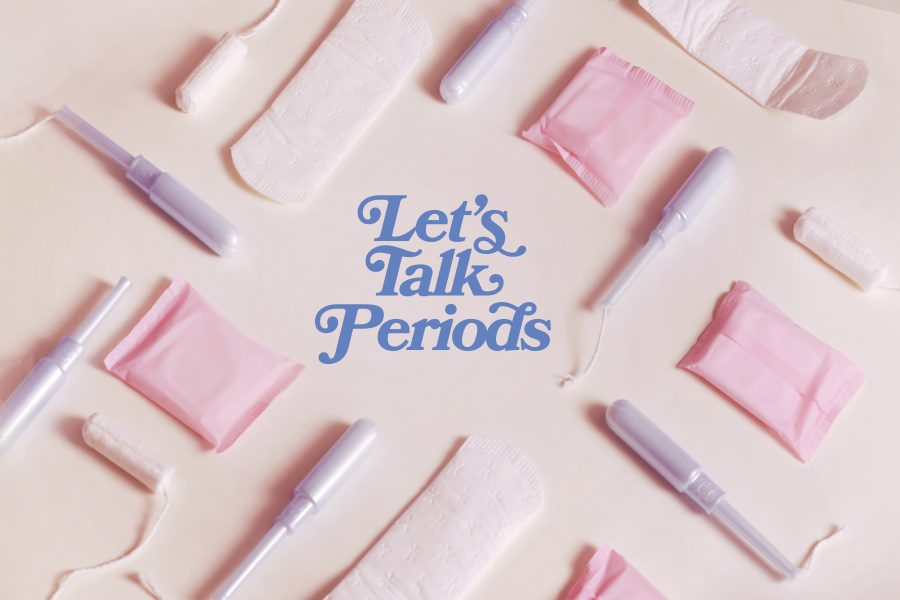I’ll be honest. I started wearing cloth pads in response to a dare. Before, I was an ordinary gal with an ordinary period experience. I gave no more thought to why I was wearing tampons than the woman next to me.
Now, I find myself writing this column and reaching for cloth pads every month.
More than half of UT’s student body menstruates, and yet conversations about feminine hygiene and the ecological impact of menstrual product choices aren’t widely discussed. The reality is the word “period” remains a dirty word, making women reluctant to talk about their periods and much less likely to consider conventional menstrual product alternatives. You turn 11, you get your period, you shut up and you use a tampon. But, the reality is, not all menstrual products are created equal.
Disposable period products add up to thousands of wasted dollars over a lifetime, pollute the environment and have been linked to toxic shock syndrome if not used properly. This has become the reality of what it means to be a woman on your period — but it doesn’t have to be. If women are willing to make changes to their view of menstrual products and approach alternatives, they will find more sustainable methods that can reduce the impact periods have on the environment and on our bank accounts.
Every year, close to 20 billion sanitary pads, tampons and applicators end up in North American landfills. There, they can take centuries to decompose — and those are just the ones disposed of properly. The menstrual waste that doesn’t make it to the trash pollutes our waterways and clogs up our toilets.
“We are socialized for that convenience of using disposables, throwing them out … and not thinking about it,” said Chloe Pennington, a psychology junior who uses a combination of cloth pads and a menstrual cup regularly. “I use a menstrual cup for when I’m on campus and at work, and cloth pads for when I am sleeping,” Pennington said.
The menstrual cup is a bell-shaped cup made of silicone that works by creating a seal around the vaginal canal. There, it collects blood, instead of absorbing it, for up to 12 hours. The added longevity means that women only have to empty their menstrual cup twice a day and not generate any waste, compared to tampons and pads which you could need to change upwards of six times a day.
With cloth pads, you change them as you would a disposable one. They are a good option if you are not a fan of the invasiveness of a cup. You rinse them out, pop them in the washer on wash day, tumble dry on low, go about your day and reuse them next month.
“I was nervous about making the change at first, but once you get over the learning curve, they are as easy as using a tampon,” Pennington said.
Although they are an upfront investment, reusable options save you money over time. On average, menstrual cups — which can last up to ten years — cost $35, depending on the brand, and reusable pads can cost anywhere from $12 for a five pack to $20 each.
“If you think about it, a box of tampons runs at about $7. I would use roughly two boxes per cycle … that’s $14 a (month),” said Haven Erengil, a neuroscience and Plan II sophomore who regularly wears a menstrual cup. That is $14 that’s being thrown straight to the trash every month, which adds up to $168 every year — the cost of almost five menstrual cups. “They are (actually) a great way to save money,” Erengil said.
But we aren’t limited to just menstrual cups and cloth pads. There are also menstrual sponges and period panties. Let’s not let our periods control our lives more than they already do. Explore options that could work better for your body, save you money and help mediate environmental degradation.
Badillo is a sociology and psychology junior from Guanajuato, Mexico.





















